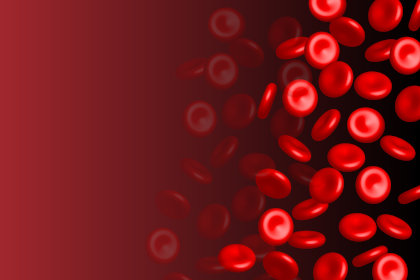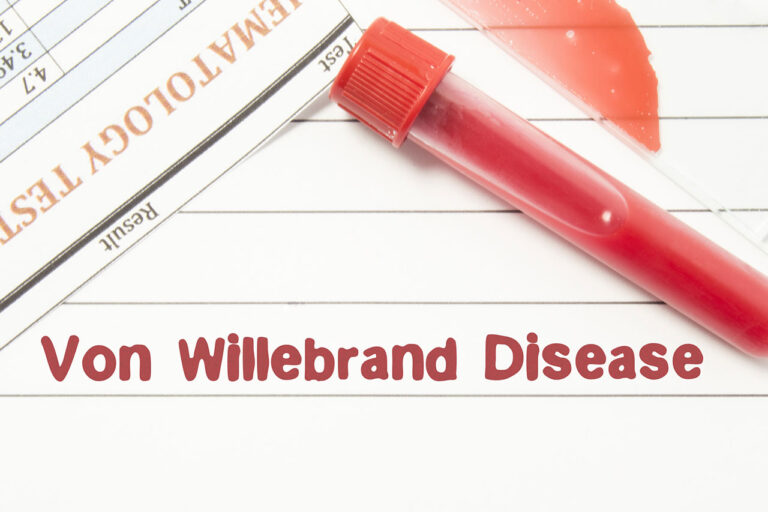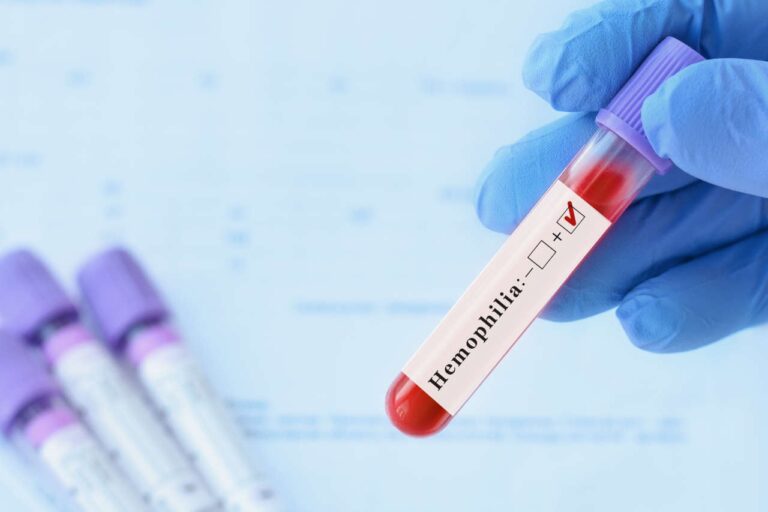
Hemophilia is a rare genetic disorder that prevents your body from forming blood clots. As a result, you can experience severe bleeding episodes, even from minor cuts and injuries. If you have hemophilia, it is very important to know about the available treatment options so that you can live a normal life. In this article, we will cover everything you need to know about hemophilia medications, including their types, side effects, and how they work.
Get Financial Assistance
What Is Hemophilia?
Before we delve into hemophilia treatment drugs, let’s discuss what hemophilia is. Hemophilia is a rare genetic disorder where your blood doesn’t clot properly. It can lead to bleeding that happens for no reason or heavy bleeding from minor cuts or injuries.
Normally, a healthy person’s blood contains some proteins called clotting factors that help stop bleeding. However, a person with hemophilia has a low level of clotting factors. The lower the level of clotting factor a patient has, the more severe the hemophilia will be. Fortunately, hemophilia medications are available to manage symptoms and prevent complications.
Hemophilia can cause symptoms like nosebleeds, bruising, and bleeding after injury. It can also cause bleeding within joints, which can lead to joint diseases. In addition, hemophilia may cause bleeding inside your head, leading to seizures and paralysis [1].
What Are the Types of Hemophilia?
There are mainly two types of hemophilia. They are [1]:
- Hemophilia A: This type of hemophilia is caused by a lack or low level of clotting factor VIII (8).
- Hemophilia B: This type of hemophilia is caused by a lack or low level of clotting factor IX (9).
Both of these types of hemophilia mainly affect males. This disease is usually inherited, meaning people get it from their parents. Fortunately, there are several hemophilia treatment drugs that are available for both of these types of disorders.
Available Hemophilia Medications
Replacement Therapy
Replacement therapy is the most common treatment for hemophilia. Replacement therapy works by directly injecting the missing clotting factor into your bloodstream. If you have hemophilia A, you will receive factor VIII, and if you have hemophilia B, you will receive factor IX. These clotting factors are derived from human blood or made in a laboratory [2].
Examples of brand-name factor VIII replacement therapies for hemophilia A patients are Advate and Kogenate [3][4]. Examples of brand-name factor IX replacement therapies for hemophilia B patients are Benefix and Alprolix [5][6].
Like any other hemophilia medications, these clotting factor replacement therapies can also cause side effects, including allergic reactions, headaches, and dizziness. Additionally, over time, your body can develop inhibitors against the clotting factors. Inhibitors are proteins created by your body that attack the clotting factors and reduce the effectiveness of the replacement therapy.
Desmopressin

Desmopressin is a medication that is similar to a hormone that is naturally produced in your body. This medication can release factor VIII stored in your tissues, thus increasing the levels of factor VIII in your body. People with mild to moderate hemophilia A can use this treatment drug instead of replacement therapies. Some brand names for desmopressin are DDAVP (desmopressin injection) and Stimate (desmopressin nasal spray) [2].
Desmopressin can cause side effects like dry mouth, headache, dizziness, abdominal pain, chills, and nausea. Talk to your healthcare provider if you notice any of these side effects.
Speak to a Specialist
About Copay AssistanceAntifibrinolytics
Antifibrinolytics are medications that stop bleeding by preventing the breakdown of blood clots. Common antifibrinolytics include aminocaproic acid (Amicar) and tranexamic acid (Cyklokapron and Lysteda) [7]. Antifibrinolytics are often used together with other hemophilia medications.
Antifibrinolytics are mainly used for people undergoing dental injuries or surgery because they block a substance found in your saliva that breaks down blood clots [2].
Gene Therapy
Gene therapy can be a long-term solution for hemophilia and offers an alternative to conventional medications.
The traditional treatment of hemophilia primarily involves replacement therapy. But, in replacement therapy, you have to regularly receive the medication, which can be a hassle for some people. It also comes with the risk of developing inhibitors, which can lower how well the medication works for you over time. However, gene therapy is a one-time treatment that has the potential to give you long-term relief.
In hemophilia patients, the genes responsible for creating clotting factors aren’t working properly. Gene therapy replaces these faulty genes, enabling the body to produce the proper clotting factors and reducing reliance on traditional hemophilia treatment drugs.
As of October 2024, there is only one FDA-approved gene therapy for hemophilia A known as Roctavian [8]. There are two FDA-approved gene therapies for hemophilia B: Hemgenix and Beqvez [9][10].
Some common side effects of gene therapy include changes in liver function, headaches, fatigue, and vomiting [8][9][10].
The Bottom Line
Living with hemophilia can be challenging. But with proper care and the right hemophilia medications, you can live a normal life. Learning about your treatment options can help you find what is best for you.
REFERENCES:
- About hemophilia. (2024, May 15). Hemophilia. https://www.cdc.gov/hemophilia/about/index.html
- Treatment of hemophilia. (2024, May 15). Hemophilia. https://www.cdc.gov/hemophilia/treatment/index.html
- ADVATE®. (n.d.). ADVATE. https://www.advate.com/
- “Kogenate FS Lead Page.” U.S. Food and Drug Administration, 2019, www.fda.gov/vaccines-blood-biologics/approved-blood-products/kogenate-fs. Accessed 30 Oct. 2024.
- Home | BeNEFꞮX (Coagulation Factor IX [Recombinant]) | Safety Info. (n.d.). https://www.benefix.com/
- ALPROLIX® [Coagulation Factor IX (Recombinant), FC Fusion Protein]. (n.d.). https://www.alprolix.com/
- Fogarty, Patrick F, and Craig M Kessler. “Hemophilia a and B.” Elsevier EBooks, 1 Jan. 2013, pp. 45–59, https://www.sciencedirect.com/topics/neuroscience/antifibrinolytic#:~:text=Antifibrinolytic%20Agents,-Antifibrinolytic%20agents%20are&text=By%20inhibiting%20fibrinolysis%20of%20the,science/article/pii/B978145572296900004X
- ROCTAVIANTM (valoctocogene roxaparvovec-rvox) Gene Therapy Treatment for Hemophilia. (2024, June 10). BioMarin Roctavian Patient EN-US. https://www.roctavian.com/en-us/
- HEMGENIX® (etranacogene dezaparvovec-drlb) | Official Patient Website. (n.d.). HEMGENIX® (Etranacogene Dezaparvovec-drlb) | Official Patient Website. https://www.hemgenix.com/
- “HIGHLIGHTS of PRESCRIBING INFORMATION.” Pfizer.com, 2024, labeling.pfizer.com/ShowLabeling.aspx?id=20452.












